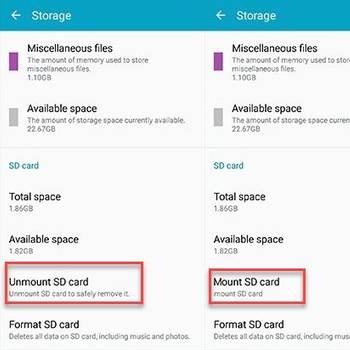There are a few different types of FreeBSD error codes, but the most common ones are "Can't open device" and "No such file or directory". These usually happen when there is a problem with the device or the file that you're trying to access. Sometimes it can be fixed by simply restarting the device or rebooting the computer, but other times you may need to reinstall the software or driver that's causing the problem. If you're not sure what to do, you can always search for the error code online or contact a FreeBSD support forum for help.
![Confused woman looking at laptop screen, doing difficult computer work]() FreebsdFreebsd mountroot error 19Freebsd mountroot error 19 is an error that may occur when your FreeBSD bootable device is not the exact same copy of the image. It may also occur when the bootable device is corrupted or has a missing file.
FreebsdFreebsd mountroot error 19Freebsd mountroot error 19 is an error that may occur when your FreeBSD bootable device is not the exact same copy of the image. It may also occur when the bootable device is corrupted or has a missing file.![Frustrated woman reading phone content in the street]() FreebsdFreeBSD error 19FreeBSD error 19 is an error that may occur when installing FreeBSD.
FreebsdFreeBSD error 19FreeBSD error 19 is an error that may occur when installing FreeBSD.
1. reboot
Press the "reset" button on the computer. If the "reset" button is not available, try pressing the power button. If the power button fails, remove the battery, wait five minutes, replace the battery, and try again. At the command line, type "reboot" without the quotes.
2. fsck
- Boot the machine into a Freebsd shell
- Issue the command "fsck -a" to check all files and directories
- If any files are found to be corrupt, issue the command "fsck -f" to fix them
- If all files and directories are found to be clean, issue the command "fsck -y" to confirm
3. man
To fix common FreeBSD error codes, follow these steps:
- Check the system log for any error messages.
- If there are no error messages in the system log, try to determine the cause of the problem.
- If the problem cannot be determined from the system log, try to fix the problem by following the appropriate instructions in the FreeBSD manual pages.
- If the problem cannot be fixed by following the manual pages, contact the FreeBSD developer team.
Still not working? maybe try one of these options:
- dump
- ps
- top
- kill
- pkill
- pgrep
- truss



